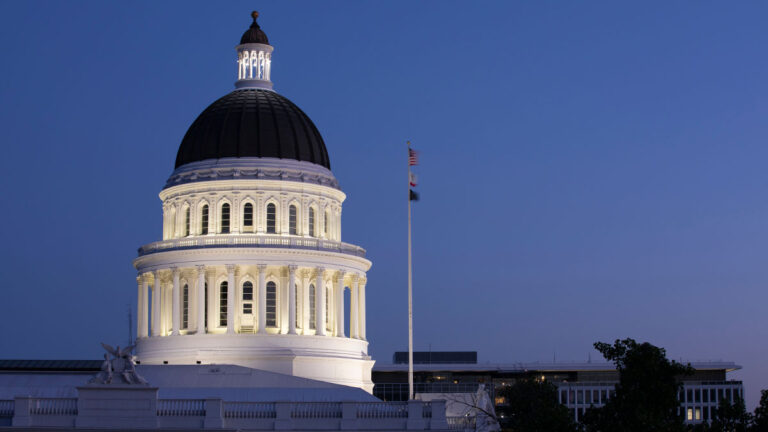
Virtual Gaming Worlds (VGW) has secured a new foothold in California by signing a conditional partnership with the Kletsel Dehe Wintun Nation of the Cortina Rancheria Tribe, a move that could shape the future of sweepstakes-style gaming in the state.
The deal, announced Monday, gives VGW access to operate free-to-play social gaming platforms and associated sweepstakes promotions in partnership with the Tribe’s economic development arm, the Kletsel Economic Development Authority (KEDA).
Market Access Through Tribes
The agreement comes at a pivotal moment for VGW, an Australian-based operator behind popular platforms like Chumba Casino and LuckyLand Slots. The company has faced escalating legislative and regulatory pushback in multiple U.S. states, including recent bans in New Jersey and Connecticut.
VGW CEO and founder Laurence Escalante said the partnership reflects the company’s shift toward deeper local engagement:
“We’ve operated in North America for more than a decade, creating not only great games, user experiences and entertainment but ensuring this is done safely, responsibly and at the highest standards,” Escalante said. “We are delighted to partner with KEDA and look forward to ensuring long-term economic opportunities.”
Opposition to California Bill AB 831
The timing is no coincidence. California lawmakers are currently debating Assembly Bill 831, introduced by Attorney General Rob Bonta, which would prohibit sweepstakes promotions statewide.
On the same day the partnership was revealed, both KEDA and the Social Gaming Leadership Alliance (SGLA) voiced strong opposition to AB 831. KEDA CEO Eric Wright argued that smaller tribes like his lack the geographic advantages of casino-heavy tribal nations and need digital economic opportunities:
“Large, well-established gaming tribes already benefit from these advantages. It is self-serving for them to advocate for policies that restrict emerging digital commerce opportunities for others,” Wright said at an SGLA hearing. “Eliminating lawful digital opportunities will deepen disparities and undermine California’s commitment to economic justice for all tribes.”
A Divided Tribal Landscape
California’s tribal gaming community is far from unified on the issue. The state’s most powerful gaming tribes, including the San Manuel Band of Mission Indians, strongly support AB 831, framing sweepstakes-style gaming as an encroachment on tribal exclusivity over casino gambling.
By aligning with a smaller, non-gaming tribe, VGW has highlighted a growing divide between “have” and “have-not” tribal nations. Out of more than 100 federally recognized tribes in the state, fewer than 70 operate casinos.
Economic Stakes
According to lobbying testimony from SGLA, a prohibition could cost California 1,200 jobs and over $1 billion in economic activity annually. Advocates say regulation and taxation would provide a safer alternative and could generate $200–300 million in new state revenue.
The American Gaming Association (AGA) recently weighed in as well, releasing July research showing that 90% of U.S. sweepstakes casino players consider the activity a form of gambling, strengthening the argument for regulatory oversight.
What Comes Next
VGW’s deal with the Kletsel Dehe Wintun Nation signals its intent to fight for market access in California rather than retreat, even as other states close their doors. The partnership also sets the stage for a broader debate over whether smaller tribes can leverage digital gaming to bridge long-standing economic gaps.
With AB 831 moving through the Legislature, California has become the biggest battleground yet in the sweepstakes casino fight. Whether the VGW-KEDA partnership becomes a lifeline or a flashpoint could depend on how lawmakers resolve the sweeping ban proposal.





